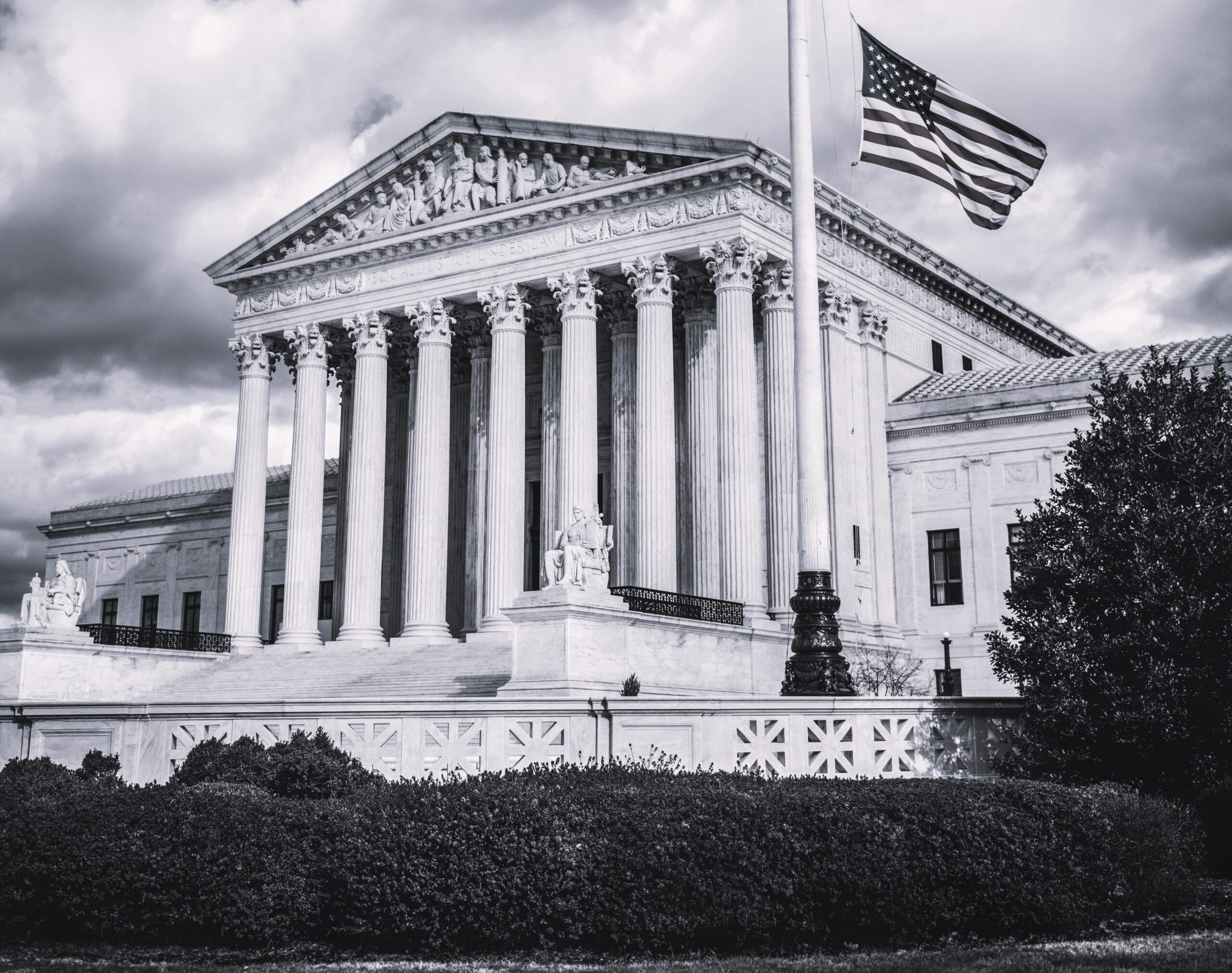FTC Announces Proposed Rules Aimed at Banning Non-Compete Agreements

On January 5, 2023, the United States Federal Trade Commission (FTC) announced drastic proposed rules intended to restrict – if not altogether eliminate – employers’ ability to enter into non-compete agreements with their employees. If passed, the FTC’s new rules will not only make it illegal for employers to require new hires to execute non-competes, but will also compel employers to rescind many already-existing non-competes. This move is being made in connection with the Biden Administration’s aggressive push to restrict employment practices that may be considered anticompetitive in nature. The FTC estimates that the rules, if approved, could yield $300 billion per year in increased employee wages and enhanced career trajectories for approximately 30 million Americans.
More specifically, the FTC’s proposal would make it illegal for employers to engage in any of the following activities: (i) enter into, or even attempt to enter into, a non-compete agreement with an employee; (ii) maintain an existing employee’s non-compete agreement; or (iii) in most situations, represent or suggest to an employee that he/she is subject to a non-compete agreement. The rules are intended to broadly apply to employees, independent contractors and any other individual who works for an employer, whether paid or unpaid. In addition, while the proposed rules are not intended to apply to other forms of restrictive covenants between employers and employees (such as non-disclosure and non-solicitation agreements), wide-ranging and vaguely drafted restrictive covenants will likely fall subject to scrutiny if they effectively function as a disguised non-compete.
Further, the proposed rules are designed to apply to non-compete agreements that are typically executed in connection with the sale of a business. However, the FTC has included an exception for when the person that is restricted by the non-compete owns at least 25% of the business entity being sold, in which case non-compete clauses may still be negotiated as part of the overall transaction.
The FTC will be seeking public comment on the proposed rules within 60 days after they are published in the Federal Register. As currently proposed, employers would have 180 days following the final publication in the Federal Register in order to rescind all covered non-compete agreements. In such situations, the employer will need to provide individualized notice to each impacted individual, which must be transmitted on paper or through a digital communication (i.e., email or text message), as opposed to an oral discussion or groupwide notification. Of course, employers can expect legal challenges to follow enactment.
Employers are urged to consult with their attorneys and take notice of this sweeping FTC proposal, both with respect to current employees and anticipated future hires. While passage of the FTC’s new rules is not a foregone conclusion, it is reasonably anticipated that at least some form of limitation on non-competes will be forthcoming in the foreseeable future.
No aspect of this advertisement has been approved by the highest court in any state.
Results may vary depending on your particular facts and legal circumstances.
As the law continues to evolve on these matters, please note that this article is current as of date and time of publication and may not reflect subsequent developments. The content and interpretation of the issues addressed herein is subject to change. Cole Schotz P.C. disclaims any and all liability with respect to actions taken or not taken based on any or all of the contents of this publication to the fullest extent permitted by law. This is for general informational purposes and does not constitute legal advice or create an attorney-client relationship. Do not act or refrain from acting upon the information contained in this publication without obtaining legal, financial and tax advice. For further information, please do not hesitate to reach out to your firm contact or to any of the attorneys listed in this publication.
Join Our Mailing List
Stay up to date with the latest insights, events, and more






